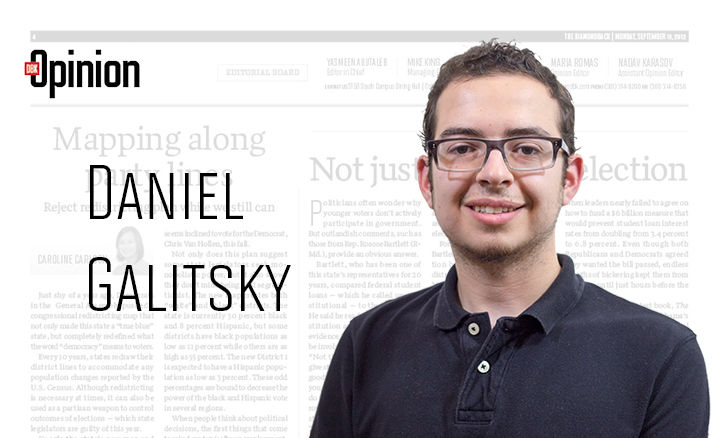
Junior economics and finance major
Whether presented by Macklemore or Malcolm Gladwell, the idea of the 10,000 hours required to become an expert in any field has become a popular paradigm. If a typical student takes 15 credits per semester and graduates in four years, he or she will spend about 1,500 hours in class in a college career. Including studying and doing homework outside of class, that number can perhaps be tripled to 4,500 hours. Therefore, if you concentrate mainly on one subject and study hard, you are still less than halfway to becoming an expert.
There is no time to waste in your college career. Every hour spent watching football or drinking at Cornerstone Grill and Loft is time that could be used visiting a professor during office hours or doing research for a paper. Time spent chatting with a friend while in line at the North Campus Dining Hall could be used to listen to microbiology podcasts or going over lecture notes. Daydreaming while sitting on the toilet is unacceptable when a textbook is within reach. Why sweat at a frat party when you could be sweating at Eppley Recreation Center?
So many Terps are experts in mixology instead of psychology. More Terps are interested in the Baltimore Ravens than in the poetry of Edgar Allan Poe. Angry Birds comes before ornithology. EDM is more appealing than DNA. One Direction is more popular than vector addition.
Use your textbook as a pillow and loose-leaf paper as a blanket. Now that distractions have been removed — your efforts pausing only for sleep — you have spent 9,371 hours trying to become an expert in your field. Still not 10,000. Damn.
Becoming an expert in four years isn’t easy. It leaves no time to laugh, to cry, to feel or to snack. No time to spill, to sneeze or to vomit.
With that in mind, you might as well do the exact opposite. Be a perfect novice. Try to spend one hour each on 10,000 things. That’s way harder. Maybe a few that you like will stick with you past graduation. After all, you’ll have plenty of time in the rest of your life to become an expert, if you want to. For now, be an expert at being an undergraduate.
If you have figured out something you’re passionate about after those 10,000, then you have achieved something. And if it turns out that your true passion is mountain biking or knitting or DJing? You can probably skip your professor’s office hours.
Daniel Galitsky is a junior economics and finance major. He can be reached at dgalitskydbk@gmail.com.



